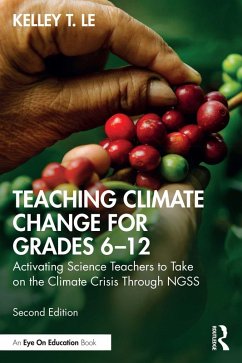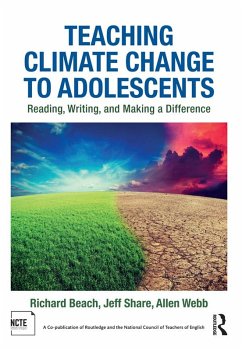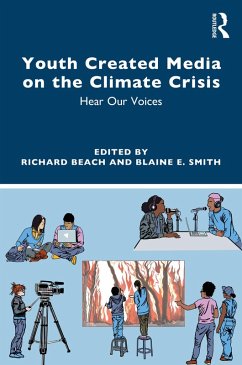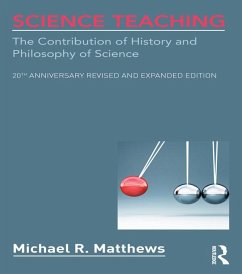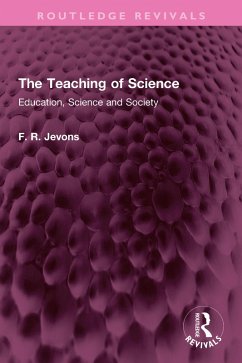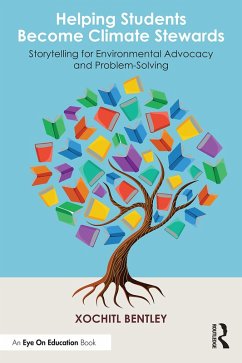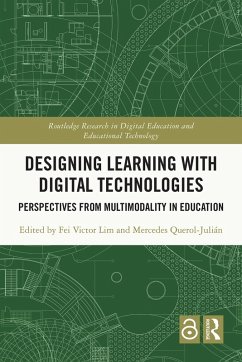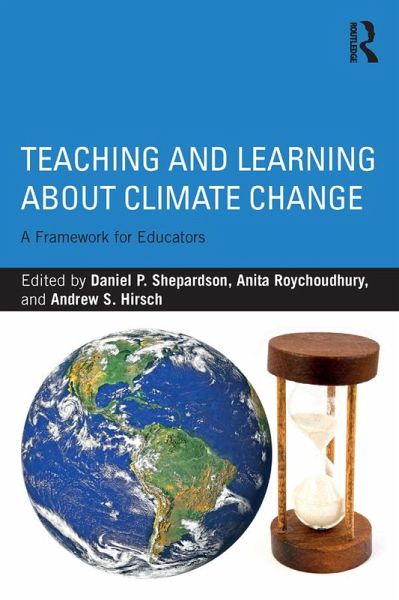
Teaching and Learning about Climate Change (eBook, PDF)
A Framework for Educators
Redaktion: Shepardson, Daniel P.; Hirsch, Andrew S.; Roychoudhury, Anita
Versandkostenfrei!
Sofort per Download lieferbar
48,95 €
inkl. MwSt.
Weitere Ausgaben:

PAYBACK Punkte
24 °P sammeln!
Responding to the issues and challenges of teaching and learning about climate change from a science education-based perspective, this book is designed to serve as an aid for educators as they strive to incorporate the topic into their classes. The unique discussion of these issues is drawn from the perspectives of leading and international scholars in the field. The book is structured around three themes: theoretical, philosophical, and conceptual frameworks for climate change education and research; research on teaching and learning about global warming and climate change; and approaches to ...
Responding to the issues and challenges of teaching and learning about climate change from a science education-based perspective, this book is designed to serve as an aid for educators as they strive to incorporate the topic into their classes. The unique discussion of these issues is drawn from the perspectives of leading and international scholars in the field. The book is structured around three themes: theoretical, philosophical, and conceptual frameworks for climate change education and research; research on teaching and learning about global warming and climate change; and approaches to professional development and classroom practice.
Dieser Download kann aus rechtlichen Gründen nur mit Rechnungsadresse in A, B, BG, CY, CZ, D, DK, EW, E, FIN, F, GR, HR, H, IRL, I, LT, L, LR, M, NL, PL, P, R, S, SLO, SK ausgeliefert werden.




